ONONDAGA COUNTY, SEPTEMBER 12, 2025 – The Onondaga County Health Department has issued a Blue-Green Algae Advisory for Skaneateles Lake following confirmation by the New York State Department of Environmental Conservation (NYSDEC) of a harmful algal bloom. Laboratory testing conducted by the City of Syracuse has detected Microcystin toxins, which are produced by certain types of blue-green algae in the raw (untreated) lake water. The Onondaga County Health Department, along with New York State, the City of Syracuse, and the Town of Skaneateles, are actively monitoring the water, and there remains no evidence of toxins in the public water supply. To be clear, the public water supply from Skaneateles Lake is not affected by the algae bloom.
Residents and visitors are strongly advised to avoid contact with any visible algae blooms, surface scums, or discolored water, as these may contain harmful toxins.
What You Need to Know:
Blue-green algae (also known as cyanobacteria) can turn lake water green and form thick surface layers or scums. Some types produce toxins that pose health risks to humans and animals. Exposure to these toxins can lead to skin or eye irritation, or cause gastrointestinal symptoms such as vomiting and diarrhea if ingested.
Recommended Precautions:
- Do not drink water directly from the lake.
- Avoid swimming, wading, or fishing in areas with visible blooms or surface scums.
- Keep pets away from the water; do not allow them to wade, drink, or walk along the shoreline.
- Rinse off with clean water immediately if you or your pet comes in contact with algae.
Important Information for Homes with Private Water Intakes:
If your home draws water directly from near-shore intakes in Skaneateles Lake, take the following precautions:
- Do not use lake water for drinking, making infant formula, preparing food, brushing teeth, washing dishes, or for pets.
- Do not bathe using lake water if blooms or scums are visible near your intake.
Please note: The Onondaga County Health Department reminds residents to NEVER drink untreated surface water, whether or not harmful algal blooms are present. Boiling, chlorination, ultraviolet (UV) treatment, and standard filtration do not remove blue-green algae toxins from the water.
Anyone experiencing symptoms such as skin irritation, eye discomfort, or gastrointestinal illness after potential exposure should contact their healthcare provider promptly.
Additional Resources:
- Blue-Green Algae and Health – NYS DOH
- Protecting Pets from Algal Blooms – NYS DEC
- Harmful Algal Blooms – NYS DEC



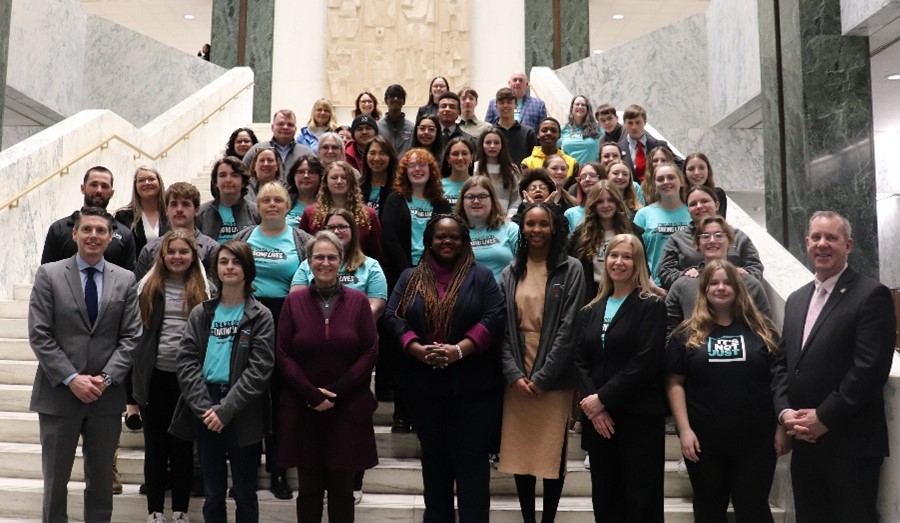
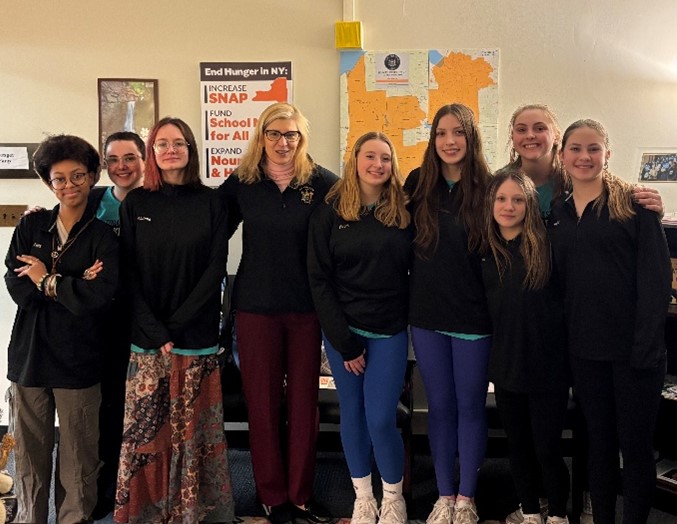
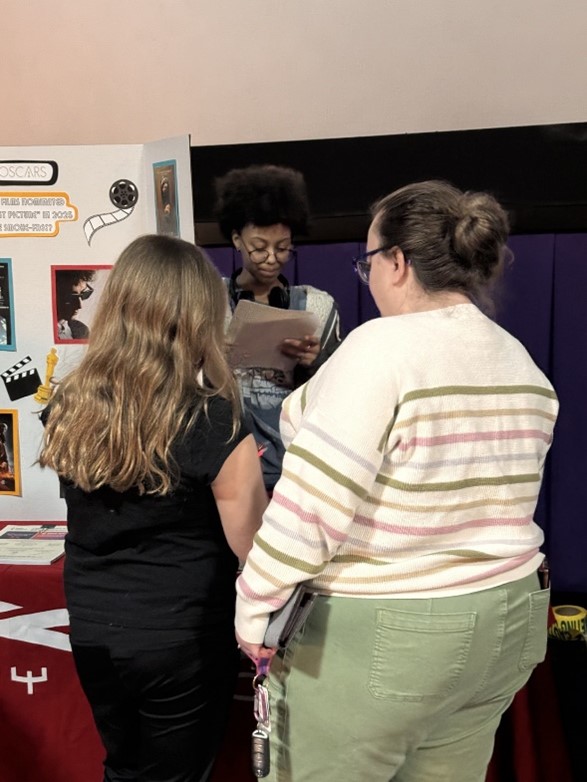

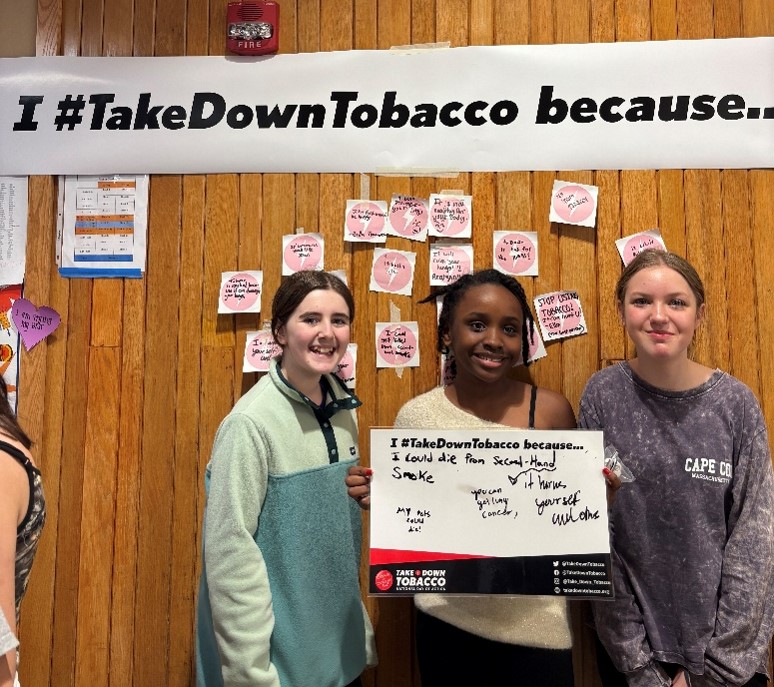
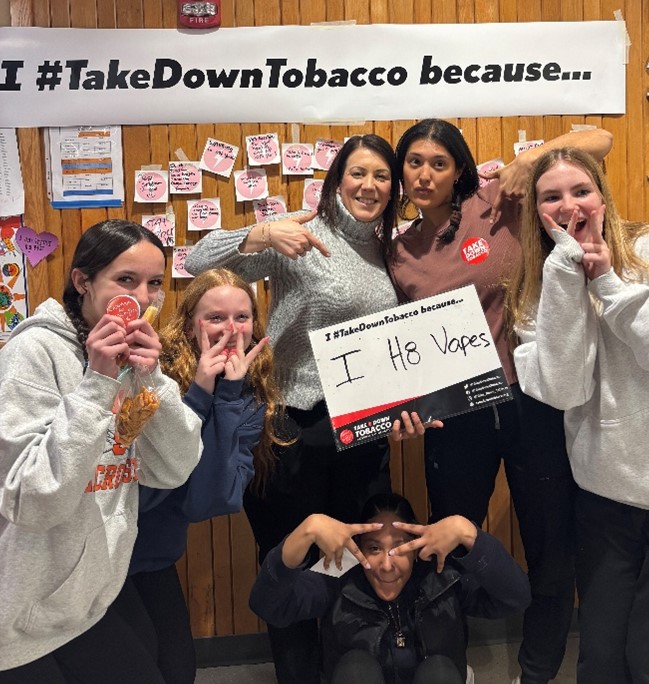


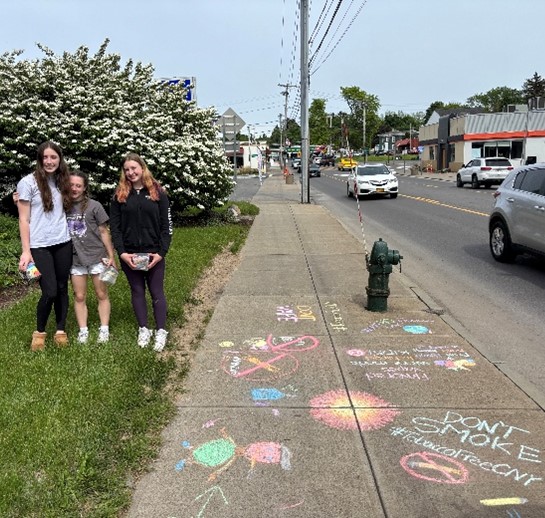
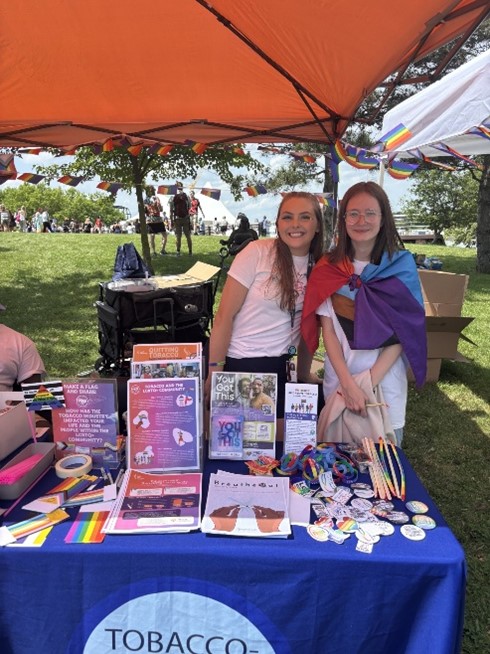



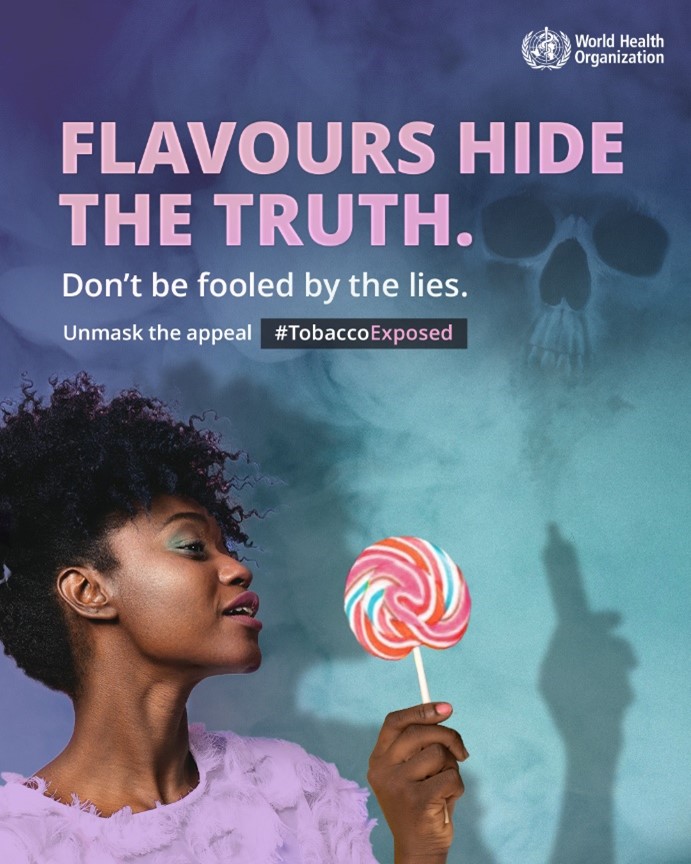 The attractiveness of tobacco, nicotine and related products, particularly to young audiences, remains one of the primary public health challenges. The tobacco industry uses flavors to make these products more appealing to youth and to mask the harshness of tobacco. Other tactics that are used include: glamorized marketing with sleek designs and colors promoted through digital media; deceptive designs used to mimic candies or sweets or by using the likeness of popular cartoon characters; and using coolants and additives to make their products easier to use, in hopes of leading to continued use and reducing the chance of quitting. All of these tactics increase the chance of early initiation of smoking, and potentially a lifelong addiction and serious health consequences.
The attractiveness of tobacco, nicotine and related products, particularly to young audiences, remains one of the primary public health challenges. The tobacco industry uses flavors to make these products more appealing to youth and to mask the harshness of tobacco. Other tactics that are used include: glamorized marketing with sleek designs and colors promoted through digital media; deceptive designs used to mimic candies or sweets or by using the likeness of popular cartoon characters; and using coolants and additives to make their products easier to use, in hopes of leading to continued use and reducing the chance of quitting. All of these tactics increase the chance of early initiation of smoking, and potentially a lifelong addiction and serious health consequences.